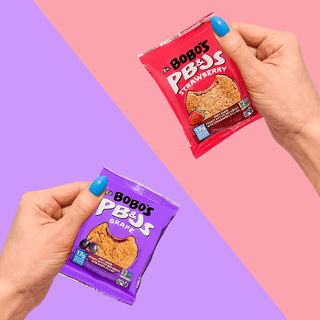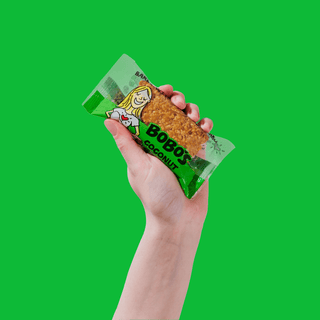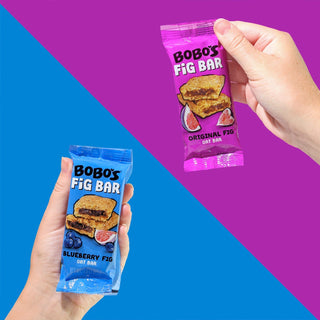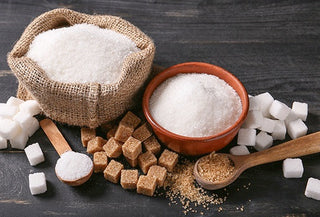Health & Nutrition
-

Back-To-School Lunchbox Ideas from Kelly Pfeiffer
Lunchbox expert Kelly Pfeiffer (@eatt...
-

Is Chocolate A Gluten Free Food? Which Types Do and Don't
Let’s face it: living gluten-free ha...
-

Foods That Help Digestion
Discover some great foods to eat to h...
-

Oat bars made with love
Four main ingredients. 100% whole oats.
-

Delicious Ideas for Snacks With Figs
Explore delicious ways to enjoy figs ...
-
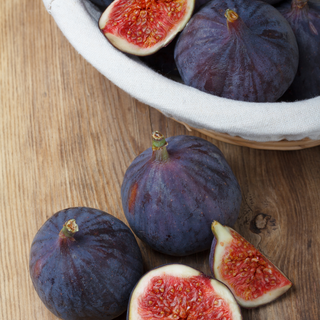
The Many Health Benefits of Figs
Discover the numerous health benefits...
-
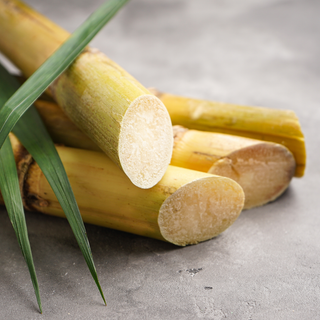
Whole Cane Sugar Benefits vs Other Types of Sugar
Discover the benefits of whole cane s...
-
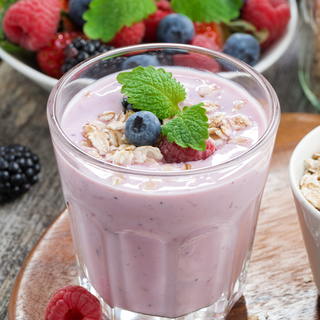
Best Snacks for Sensitive Stomachs
Discover snacks for sensitive stomach...
-

Grocery List Ideas: Health Focused Shopping Tips
Grab our grocery list and make your n...
-

What is Intuitive Eating?
Intuitive eating is a way to be more ...
-

8 Tasty High Protein Dairy Free Snacks
This list of dairy free snacks are hi...
-

Can You Substitute Honey for Sugar?
Honey can be substituted for sugar fo...




